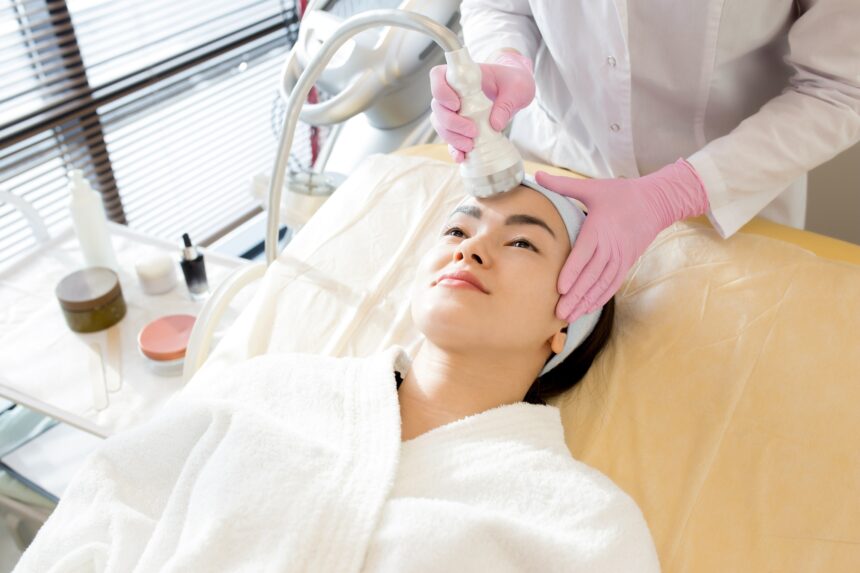Acne is a common skin condition that affects people of all ages. It is caused by a combination of factors, including genetics, hormones, and bacteria. Acne can be 1 frustrating to deal with, but there are things you can do to help prevent and treat it.
What is Acne?
Acne is a skin condition that occurs when the pores of the skin become clogged with oil and dead skin cells. This can lead to the formation of whiteheads, blackheads, pimples, and cysts. Acne can be painful and can cause scarring.
What Causes Acne?
There are a number of factors that can contribute to the development of acne, including:
- Genetics: If you have a family history of acne, you are more likely to develop the condition.
- Hormones: Hormones can play a role in the development of acne, especially during puberty and pregnancy.
- Bacteria: Bacteria on the skin can also contribute to the development of acne.
How to Prevent and Treat Acne
There are a number of things you can do to help prevent and treat acne. These include:
- Washing your face twice a day: This will help to remove excess oil and dirt from your skin.
- Using a gentle cleanser: Avoid harsh soaps and cleansers that can irritate your skin.
- Moisturizing your skin: This will help to keep your skin hydrated and prevent it from becoming dry and irritated.
- Avoiding touching your face: This can transfer bacteria from your hands to your face.
- Eating a healthy diet: Eating a healthy diet can help to improve your overall skin health.
- Getting enough sleep: Getting enough sleep is important for overall health, including skin health.
- Managing stress: Stress can worsen acne.
What Steps You Should Follow Daily
Here is a suggested daily skin care routine for people with acne:
- Wash your face in the morning and evening. Use a gentle cleanser that is appropriate for your skin type.
- Moisturize your skin. This will help to keep your skin hydrated and prevent it from becoming dry and irritated.
- Apply a topical acne medication. There are a number of over-the-counter and prescription acne medications available. Talk to your doctor about what is right for you.
- Avoid touching your face. This can transfer bacteria from your hands to your face.
- Eat a healthy diet. Eating a healthy diet can help to improve your overall skin health.
- Get enough sleep. Getting enough sleep is important for overall health, including skin health.
- Manage stress. Stress can worsen acne.
Additional Tips
- Be patient. It can take several weeks or months to see results from an acne treatment plan.
- Don’t give up. If one treatment doesn’t work, talk to your doctor about trying something else.
- See a dermatologist. If you have severe acne, a dermatologist can help you develop a treatment plan.
Conclusion
Acne is a common skin condition that can be frustrating to deal with. However, there are things you can do to help prevent and treat it. By following a daily skin care routine and making healthy lifestyle choices, you can improve your skin health and reduce your risk of developing acne.
